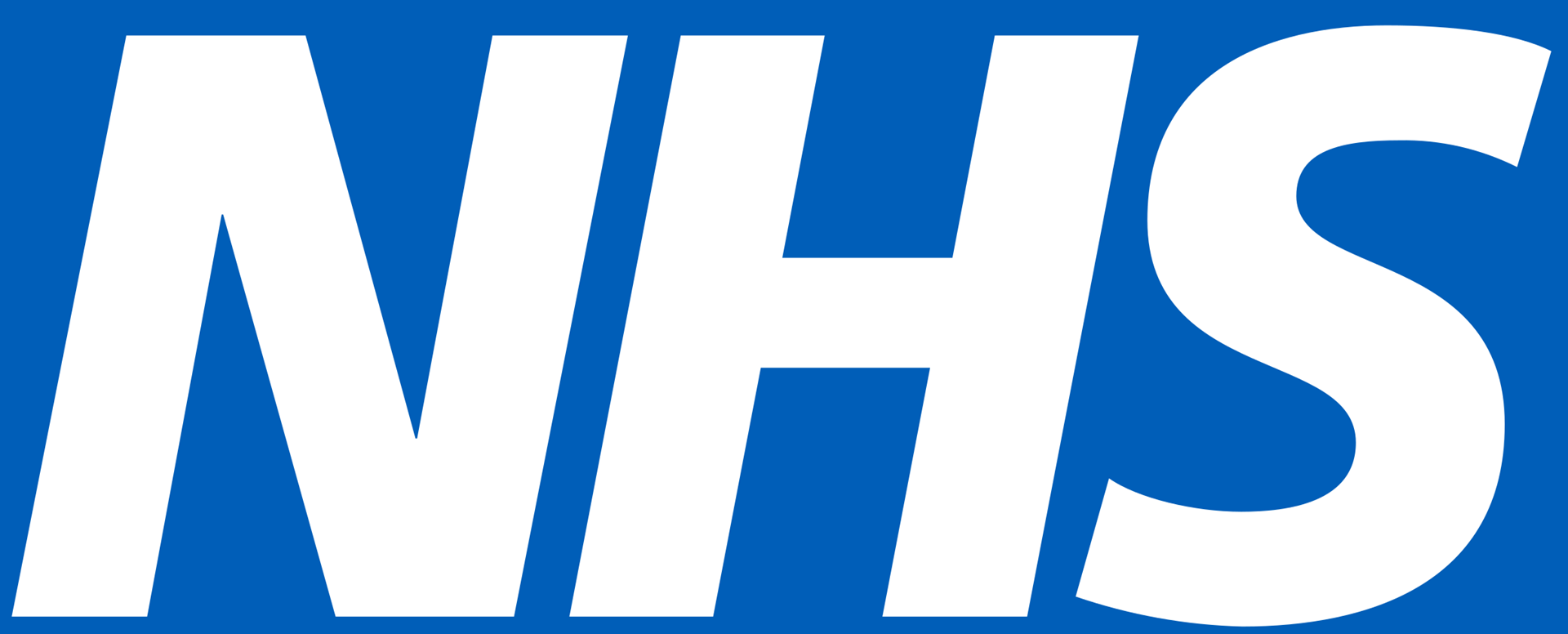You're entitled to ask for a referral for specialist treatment on the NHS.
However, whether you'll get the referral depends on what your GP feels is clinically necessary in your case.
If you wish to be referred to a specialist in a particular field, such as a surgeon or a gynaecologist (a specialist in the female reproductive system), you should see the GP you're registered with.
This is because all your medical records are held by that surgery.
Your GP also generally understands your health history and treatments better than anyone else and will base any decision for a specialist referral on this knowledge.
If you ask your GP to refer you to a specialist, they'll probably suggest that you first try various tests or treatment options to see whether your condition improves.
Generally, you cannot self-refer to a specialist within the NHS, except when accessing sexual health clinics or A&E treatment.
A specialist will only see you with a letter of referral from your GP.
The letter will give the specialist essential background information, such as your medical history, and it'll also contain details that the specialist needs to pay particular attention to.
For more information, see:
If you want to see a private specialist, you're still advised to get a letter of referral from your GP.
Whether you see a private specialist, with or without a GP referral, or are referred to an NHS specialist, your GP is not obliged to accept the specialist's recommendations.
Find out if you need a referral for private treatment
When doctors write to each other about your care, they should aim to give you a copy of their letters or emails.
If you do not get a copy, you can ask for one.
Choosing a hospital or consultant
If you're referred to a specialist by your GP or another health professional, such as a dentist or ophthalmologist, you may have the right to choose which hospital in England to go to for your first outpatient appointment.
You can also choose which consultant-led team will be in charge of your treatment.
This means that if you choose a particular consultant for a procedure, you can choose to have your first outpatient appointment at the hospital where the consultant works and be treated by that consultant's team.
Find out more about consultant choice
Once you have decided on a hospital, you could book your first outpatient appointment through the NHS e-Referral Service.
This can happen in the following ways:
- your GP can book it while you're at the surgery
- you can book it online using the appointment request letter your GP gives you
- you can phone the NHS e-Referral Service line on 0345 608 8888 (open Monday to Friday, 8am to 8pm, and on weekends and bank holidays from 8am to 4pm)
Find out more about patient choice of hospitals
Under the NHS Constitution, if your GP refers you for a condition that's not urgent, you have the right to start treatment led by a consultant within 18 weeks from when you're referred, unless you want to wait longer or waiting longer is clinically right for you.
Find out more about waiting times
Can my GP ask the hospital to see me quicker?
We cannot affect hospital waiting lists.
Unfortunately GPs have no control over where you are on the waiting list. Referrals to the hospital are prioritised by the hospital based on clinical urgency, and due to high demand resulting from the impact of the pandemic, there can be long waits for treatment. Expedite letters do not have any influence over the waiting list. Your GP practice receives multiple requests for expedite letters everyday which reduces the number of appointments available.
If you have been referred to Lancashire Teaching Hospitals for further investigations, please visit the following website to see what the current average waiting times are: https://www.myplannedcare.nhs.uk/nwest/lancashire/
If your symptoms are more severe and the waiting time is too long, please contact the hospital directly. Details on how to do this should be on any correspondence from them. Lancashire Teaching Hospitals also undertakes clinical checks of waiting lists and may contact you asking if you still want to have treatment or if your condition has changed. Please respond to this request as it helps to ensure waiting lists are accurate.
Tests ordered by the hospital will be followed up by the hospital.
For new symptoms which may not be related to your original condition please let us know.
